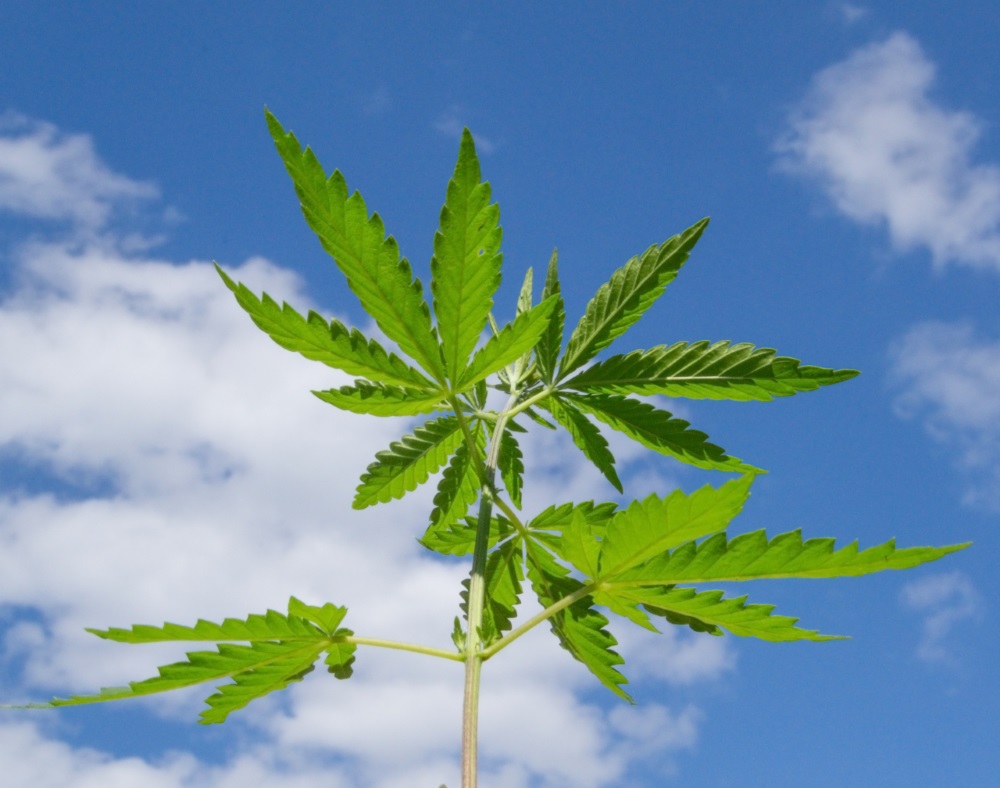Is Marijuana a Gateway Drug? Attorney General Says No
For many years, cannabis opponents demonized marijuana as a gateway drug that lead to the use of much “harder” substances. However, that thinking has undergone a serious change in recent years.
The latest example came from U.S. Attorney General Loretta Lynch. In a recent speech to high school students in Kentucky, Lynch said publicly what some studies already have shown. Marijuana is not a gateway drug.
Lynch went further than that, pointing to the real gateway drug in many households: prescription medications.
“In so many cases, it isn’t trafficking rings that introduce a person to opioids. It’s the household medicine cabinet. That’s the source,” Lynch told students, according to SF Gate, the sister website to the San Francisco Chronicle.
The Real Gateway Drug
Marijuana legalization continues to spread across the country. Along with it, so does the sense of responsibility among cannabis advocates to teach people the safe way to use marijuana. But at the same time, addiction to prescription drugs has been on the rise.
Lynch talked at a town hall meeting with high school students in Kentucky. There, Lynch talked more about the danger of prescription drugs than the gateway drug potential of cannabis.
“It is true that if you tend to experiment with a lot of things in life, you may be inclined to experiment with drugs, as well. But it’s not like we’re seeing that marijuana is a specific gateway,” Lynch said.
Her comments have special resonance in the Bluegrass State. Kentucky currently faces a widespread problem with heroin abuse. The abuse is particularly heavy in northern Kentucky and the cities of Louisville and Lexington, according to the state’s Office of Drug Control Policy.
National Institute of Drug Abuse Study
Lynch’s comments to the students reflect the findings of a National Institute of Drug Abuse study. This study stated that “the majority of people who use marijuana do not go on to use other, harder, substances.”
The study notes that marijuana can “prime the brain for a heightened response to other drugs.” But, it also concluded that the same can be said of alcohol and nicotine.
The study noted that other factors play a role in whether people move on to more harmful substances. Factors such as social environment, can impact substance abuse after using marijuana, alcohol or nicotine.
“An alternative to the gateway-drug hypothesis is that people who are more vulnerable to drug-taking are simply more likely to start with readily available substances like marijuana, tobacco, or alcohol, and their subsequent social interactions with other substance users increases their chances of trying other drugs,” the study stated. “Further research is needed to explore this question.”
Both the study’s findings and Lynch’s comments indicate that experts have started to change their views on marijuana. This comes just as more and more voters across the country indicate their acceptance of cannabis in the voting booth.




